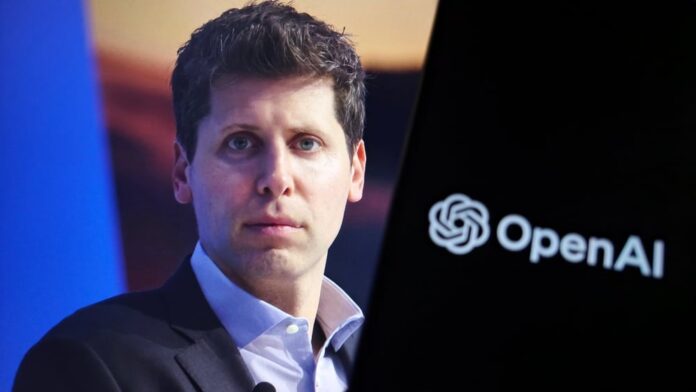OpenAI, the $500 billion-valued company behind ChatGPT and the Sora AI video creation tool, is planning to enter the generative AI music space.
That’s according to a report at The Information, which says the company is working on a tool that can create music from text or audio prompts.
That would bring OpenAI into an increasingly crowded field of AI music generation platforms, which include Suno and Udio – notorious within the music industry for having been sued by the record majors for alleged widespread copyright infringement in training its AI – as well as other players like ElevenLabs, Boomy and Beatoven.
Sources told The Information that OpenAI’s tool could be used to add a soundtrack to a video, or add instrumental accompaniment to a vocal track. It’s unclear if OpenAI plans to release a tool that can create a complete song from scratch with just a text prompt, similar to Suno and Udio.
OpenAI has been working with students at the prestigious Juilliard School of music, with the students annotating music scores to create training data, The Information reported.
It’s unknown when the tool will be released, or whether it will be a standalone product or integrated into ChatGPT or Sora.
It’s also unclear how ChatGPT is gathering the music data needed to train an AI model. Since ChatGPT’s release two years ago – which triggered the AI race underway today – OpenAI has been sued by numerous rightsholders, including the New York Times and the Authors Guild, for allegedly using copyrighted works without permission.
It was also sued by German collection and licensing organization GEMA, which alleged that ChatGPT reproduces copyrighted lyrics without payment or permission.
At the same time, the company has signed some licensing deals with rightsholders, including one with stock photo company Shutterstock, which includes Shutterstock’s audio library.
This isn’t OpenAI’s first foray into AI music. In 2020, when the startup was still a not-for-profit, it released Jukebox, a “neural net that generates music, including rudimentary singing, as raw audio in a variety of genres and artist styles.” The tool has been discontinued.
Despite its potentially costly legal problems, OpenAI was valued at $500 billion earlier this month following a secondary share sale. That makes it the world’s most valuable startup, overtaking Elon Musk’s SpaceX.
OpenAI’s entry into music generation comes at a time when the music ecosystem is already being inundated with AI-generated material. Deezer, one of the few streaming services to release data about AI on its platform, said in September that 28% of the tracks uploaded to the platform were fully AI-generated. As recently as April, that number was 18%.
Some “AI artists” – fictional musical personas whose songs are created by AI tools – have racked up millions of plays on Spotify, raising concerns about AI songs taking an increasingly large share of the streaming royalty pie.Music Business Worldwide


